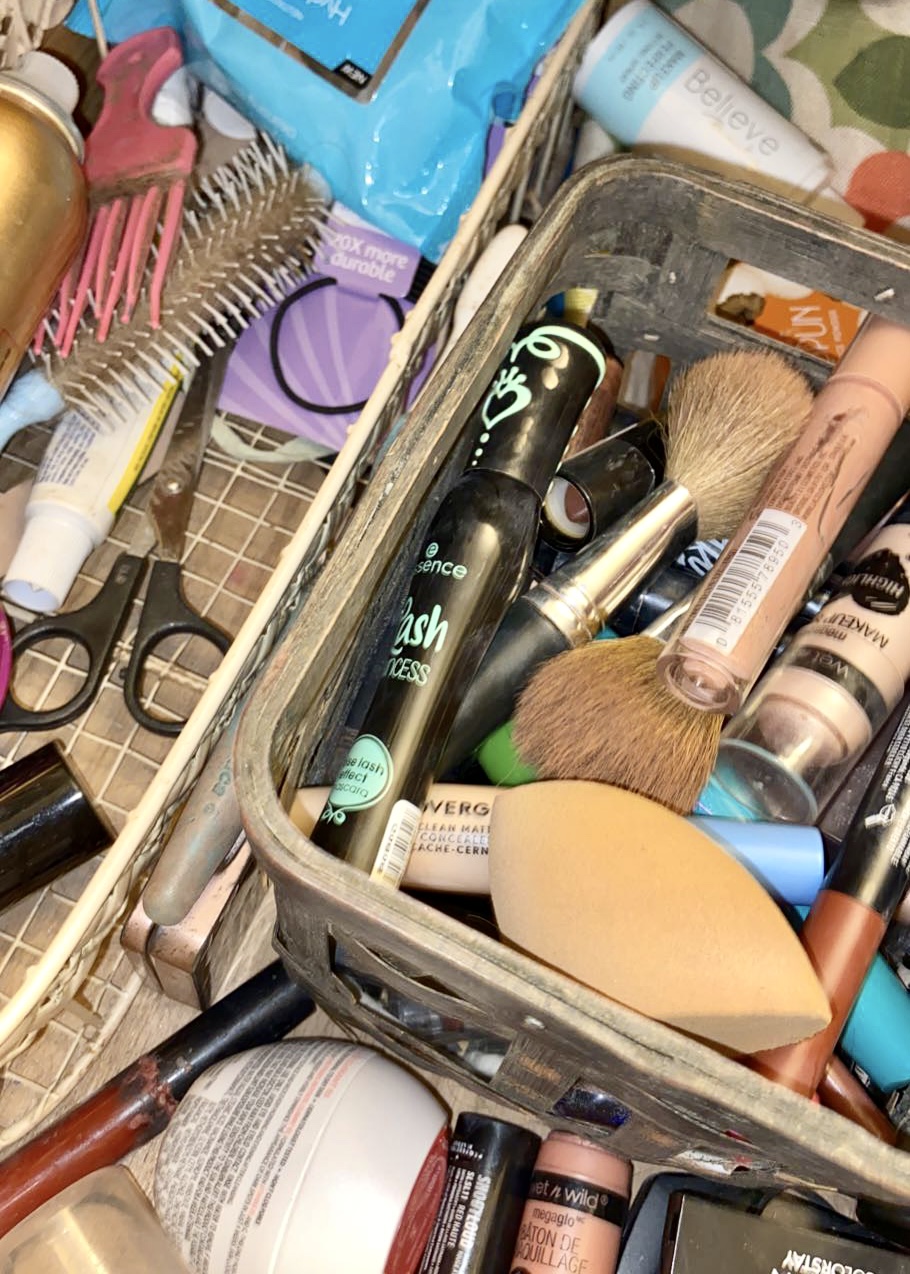You wake up and just know that today’s the day you show up to class in your pajamas looking like an absolute mess; we’ve all done it (or at least wanted to), so what difference does it make whether or not you wear makeup in college?
Everyone has their personal approach to cosmetics. Some only use them on special occasions or have sworn them off until their dying day, and a few, regardless of gender, would refuse to be seen without at least a minimum of mascara and some lip gloss.
As Campus Circle writer Laura Koeller points out in ‘Makeup vs. No Makeup,’ for the habitual wearer the point isn’t about looking attractive, but just looking and feeling put together. Just like you don’t “leave the house without brushing your teeth,” you don’t “leave the house without makeup.” Most people who ‘put on their face’ every day have done so since high school or even middle school.
Many people who don’t wear makeup or have familiarity with it struggle to consciously notice it, including a large percentage of males. The ‘nude’ look du jour of the recent years has added to that, and those of us who regularly use cosmetics have gotten used to having to explain that no, we’re feeling okay, and we just didn’t have the time to put on foundation today.
Putting on your face isn’t just for show, however. According to a 2011 study by P&G Beauty, 268 adults (91 male and 177 female) were shown images of 25 women with ‘nude,’ ‘professional,’ and ‘glamorous’ makeup looks, compared to them barefaced, in the images with them wearing makeup the women were rated to appear more competent and likeable.
While this provides an excellent reasoning for wearing cosmetics on a daily basis, it is also a sobering thought for academic and workplace environments. After all, it’s always good to be taken seriously at school or at work, but the general goal is to be judged by your own merit and skill.
What should we do about this? There’s not much that can be done besides promoting understanding, so really the best thing to do is whatever feels right to you, since that is the most honest representation of yourself.
One aspect about cosmetics use that people are quite opinionated about is contouring. For example, some of those who dislike their chin, jawline, or cheeks prefer to use contour to soften, sharpen or define the area. On the other side, critics of the practice have voiced their beliefs that it detracts from the femininity of female-identifying individuals.
While just about any of us who have tried contouring can remember at least one time you came away looking like a chinstrap penguin, the angled brush isn’t just for the weak-chinned. For trans and gender-nonconforming individuals contouring can be downright useful. Transgender women have been using makeup techniques including contouring to pass undetected in public for centuries, and for many the practice can help ease dysphoria.
When it comes down to it, no matter who you are, just be yourself—whether that includes makeup or not.
Photo by Kaily Paddle




